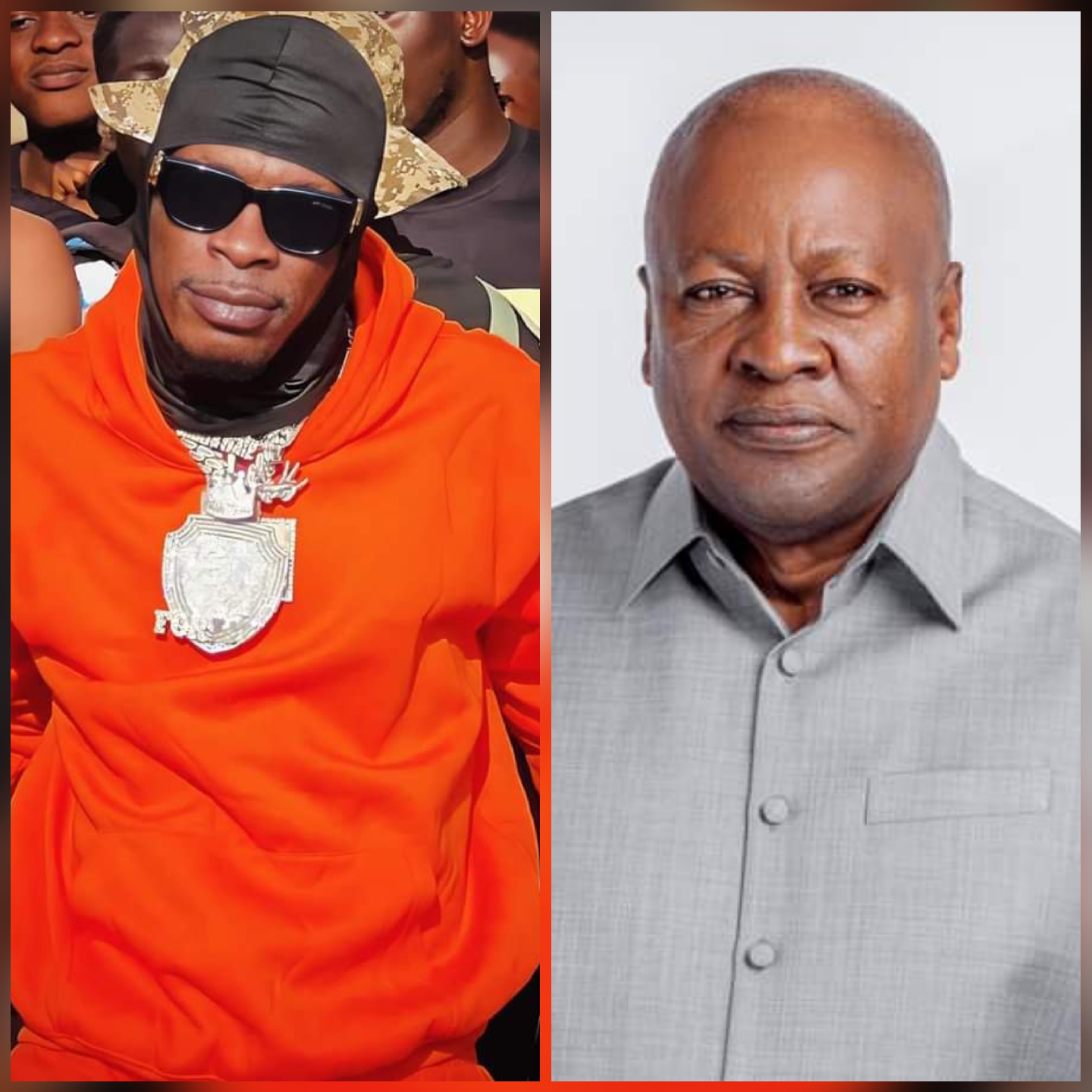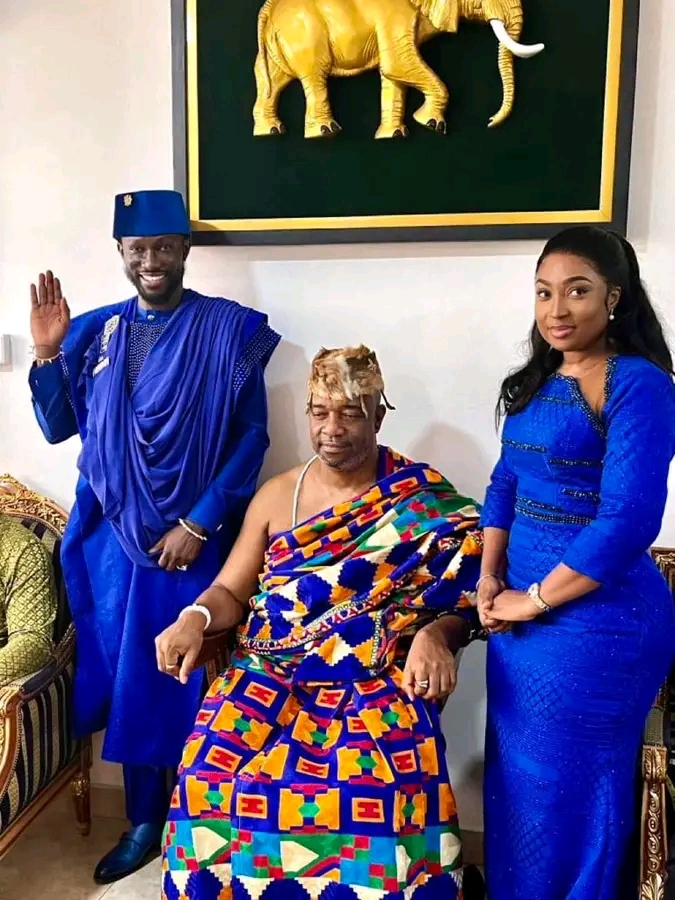Ghana’s Rich History: From Colonial Rule to Independence.
Ghana, formerly known as the Gold Coast, boasts an impressive history dating back to the 15th century. The country’s abundance of natural resources, including gold, ivory, bauxite, diamonds, and manganese, attracted European colonizers, sparking controversies over control. In 1482, the Portuguese established the first European settlement in Elmina, but by 1874, the British had taken charge of parts of the Gold Coast, renaming it the British Gold Coast.
The Road to Independence.
After World War II, the British reduced their control over African colonies, including the Gold Coast. This shift paved the way for Ghana’s independence movement. The United Gold Coast Convention, led by J.B. Danquah, advocated for “self-government within the shortest possible time” following the 1947 Gold Coast legislative elections. Osagyefo Dr. Kwame Nkrumah, who won the 1951 legislative election, became the leader of the Gold Coast government in 1952.
Independence Day.
On March 6, 1957, Ghana declared its independence from British colonial rule, with Dr. Kwame Nkrumah as its first Prime Minister. This historic day marked Ghana as the first sub-Saharan African country to achieve independence. Dr. Nkrumah famously declared, “African people are capable of managing their own affairs, and Ghana, our beloved country, is free forever.”
Celebrating Independence.
Ghana’s Independence Day is a national holiday, celebrated annually on March 6. The day honors Ghana’s heroes, including Dr. Nkrumah, who led the country to independence. If March 6 falls on a weekend, the following Monday is observed as a holiday. Presidents from other African countries and Europe have been invited to join the celebrations, solidifying Ghana’s position as a pioneer in African independence.
Key Facts About Ghana’s Independence.
– Name Origin: Ghana’s name comes from an ancient African empire, meaning “strong warrior” or “war chief”.
– Republic Status: Ghana became a republic on July 1, 1960.
– Cultural Significance: Ghana’s independence inspired other African countries to fight for freedom.
Conclusion.
Ghana’s rich history is a testament to its resilience and determination. From colonial rule to independence, Ghana has emerged as a beacon of African pride. As the country continues to celebrate its independence, we honor the heroes who paved the way for a free and sovereign Ghana.






